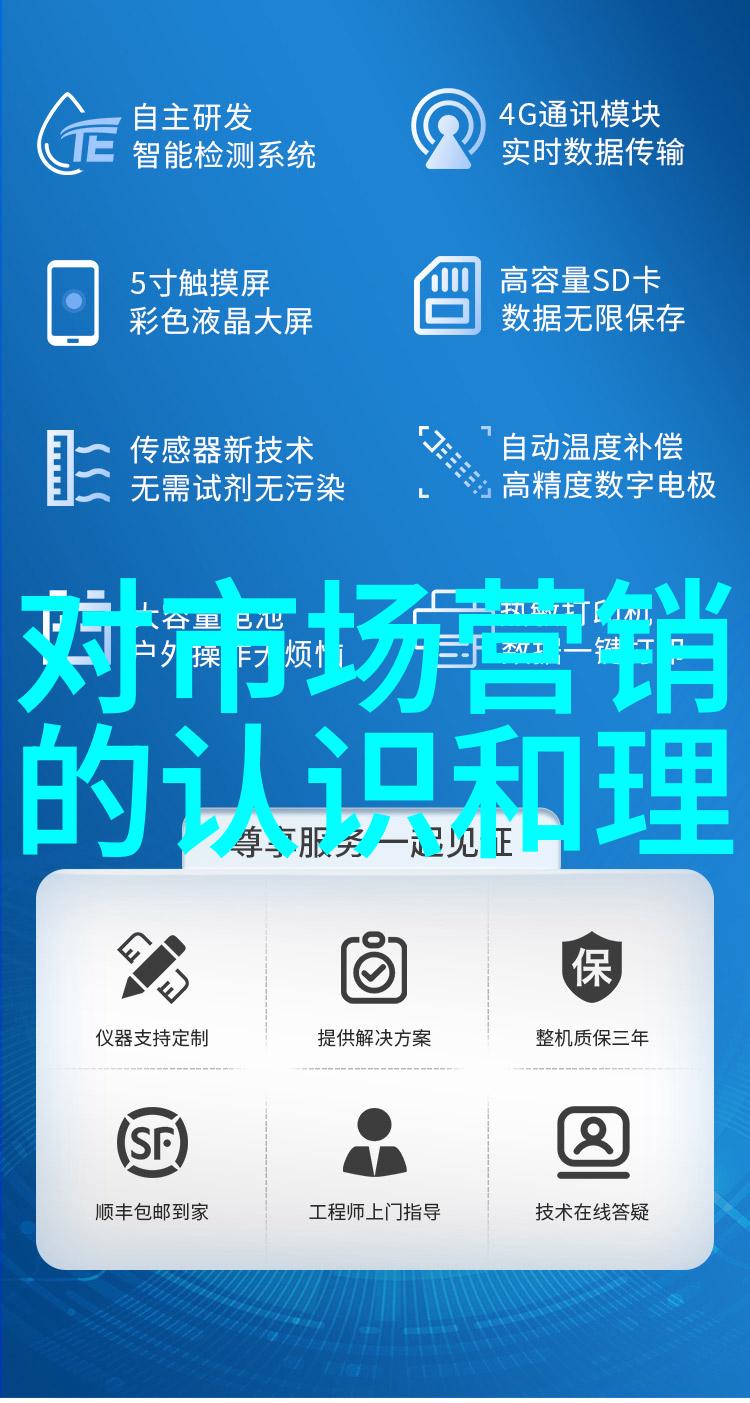云计算平台与智能制造装别的无缝对接策略探究
在当今这个快速发展的时代,随着科技的进步和市场竞争的加剧,企业越来越重视智能化生产方式。智能制造装备专业作为一个重要领域,其核心在于通过集成先进技术,如机器人、物联网、大数据等,实现工厂内部各个环节间信息流动和资源共享,从而提高生产效率、降低成本、增强产品质量。

1. 智能制造装备专业概述
智能制造装备专业是指利用现代信息技术(如工业自动化、机器人技术、大数据分析)等手段,对传统机械设备进行升级改造,使其能够自主或半自主地执行各种复杂任务。在这种新型生产模式中,不仅要求单一设备具备更高性能,还需要这些设备能够协同工作,以实现全方位、高效率的生产过程。

2. 云计算平台与智能制造之间关系
云计算平台提供了一个灵活可扩展且经济高效的资源分配环境,它可以帮助企业根据需求实时调整资源配置。对于依赖于大量数据处理和分析能力的大规模生产线来说,这种即服务(IaaS)、软件即服务(SaaS)以及平台即服务(PaaS)模式尤为关键,因为它们可以简化IT管理,让企业专注于核心业务活动。

3. 无缝对接策略
为了实现云计算平台与智能制造装别之间无缝对接,首先需要明确两者的通信协议。这可能涉及到标准化问题,如使用通用的消息队列协议或API来确保不同系统间数据交换的一致性。此外,还需要考虑安全性问题,因为敏感数据将会在网络上传输,因此必须采用加密措施以保护这一过程。

4. 应用案例分析
许多行业已经开始实施这种结合,其中最著名的是汽车行业。例如,一家汽车零部件供应商利用云计算解决方案优化了库存管理,并通过大数据分析预测客户需求,从而减少了库存过剩并缩短了交货时间。另一方面,一家电子公司则采用物联网(IoT)技术监控其设备健康状况,当检测到异常时,可以远程修复或重新配置,以避免停机时间。

5. 挑战与未来趋势
虽然整合云计算和智能制造带来了显著益处,但也存在一些挑战。一方面,由于不同供应商提供的大量系统可能不兼容,因此集成可能变得复杂。此外,加密和身份验证等安全措施也是必需品,以防止未经授权访问敏感信息。一旦克服这些障碍,无疑会为企业带来前所未有的增长机会,因为他们将能够迅速响应市场变化并保持创新领先地位。
综上所述,cloud computing platform and smart manufacturing equipment's seamless integration is crucial for enterprises to stay competitive in today's fast-paced business world. By leveraging the strengths of both technologies, companies can achieve greater efficiency, reduce costs, and enhance product quality – ultimately driving innovation and growth in their respective industries.
Cloud computing platforms provide a flexible, scalable, and cost-effective resource allocation environment that can help businesses adjust resources according to demand on the fly. For large-scale production lines that rely heavily on data processing and analysis capabilities, such as IaaS (Infrastructure as a Service), SaaS (Software as a Service), or PaaS (Platform as a Service) models are particularly key because they simplify IT management and allow businesses to focus on core activities.
To achieve seamless integration between cloud computing platforms and smart manufacturing equipment, it is first necessary to clarify communication protocols between the two systems – which may involve standardization issues like using common message queue protocols or APIs to ensure consistent data exchange between different systems.
Moreover, security considerations must be taken into account since sensitive data will be transmitted over networks; thus encryption measures must be adopted to protect this process.
Many industries have already begun implementing this combination with notable examples including the automotive industry where one supplier optimized inventory management through cloud solutions while another electronics company utilized IoT technology for remote monitoring of device health status with predictive maintenance enabled by big data analytics.
However challenges persist: integrating various systems from different vendors can become complex; security measures like encryption & authentication are required for unauthorized access prevention; once these barriers are overcome there'll be substantial growth opportunities awaiting enterprises who could respond rapidly market changes & maintain innovative leadership positions



